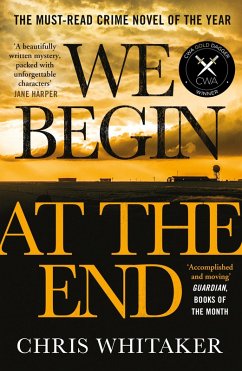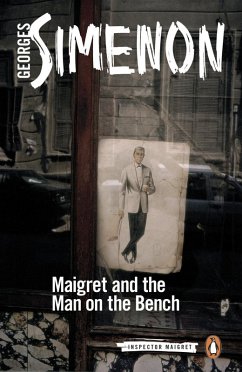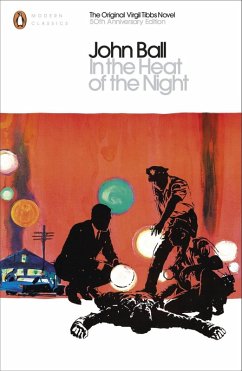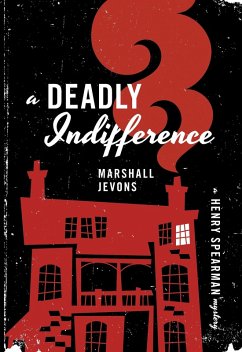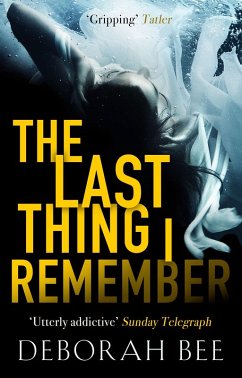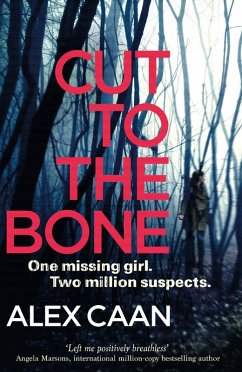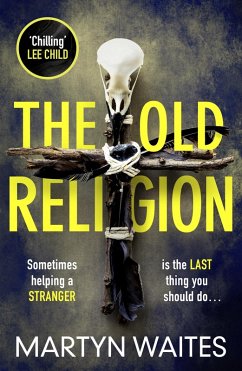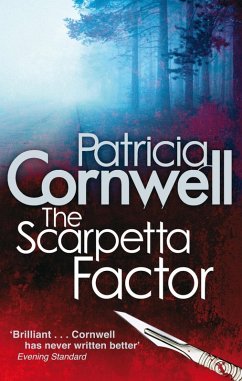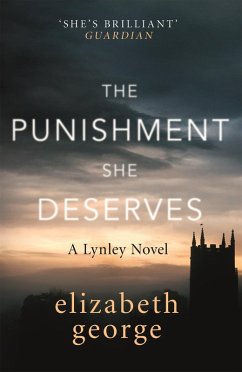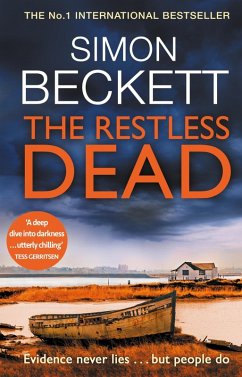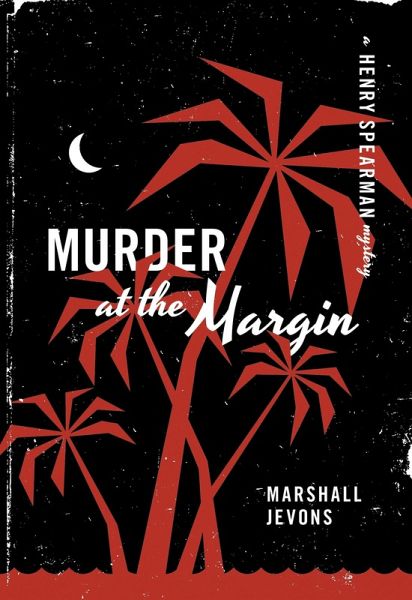
Murder at the Margin (eBook, ePUB)
A Henry Spearman Mystery
Versandkostenfrei!
Sofort per Download lieferbar
13,95 €
inkl. MwSt.
Weitere Ausgaben:

PAYBACK Punkte
7 °P sammeln!
Professor and amateur sleuth Henry Spearman uses economics to try to solve a murder while on a Caribbean vacationCinnamon Bay seems like the ideal Caribbean getaway. But for Harvard economist and amateur detective Henry Spearman it offers an unexpected and decidedly different diversion: murder. With the police at a loss, Spearman investigates on his own, following a rather different set of laws-those of economics. Theorizing and hypothesizing, Spearman sets himself on the killer's trail as it winds from the perfect beaches and manicured lawns of a resort to the bustling old port of Charlotte A...
Professor and amateur sleuth Henry Spearman uses economics to try to solve a murder while on a Caribbean vacation
Cinnamon Bay seems like the ideal Caribbean getaway. But for Harvard economist and amateur detective Henry Spearman it offers an unexpected and decidedly different diversion: murder. With the police at a loss, Spearman investigates on his own, following a rather different set of laws-those of economics. Theorizing and hypothesizing, Spearman sets himself on the killer's trail as it winds from the perfect beaches and manicured lawns of a resort to the bustling old port of Charlotte Amalie to the perilous hiking trails of a dense forest. Can Spearman crack the case using economics-and before it's too late?
Cinnamon Bay seems like the ideal Caribbean getaway. But for Harvard economist and amateur detective Henry Spearman it offers an unexpected and decidedly different diversion: murder. With the police at a loss, Spearman investigates on his own, following a rather different set of laws-those of economics. Theorizing and hypothesizing, Spearman sets himself on the killer's trail as it winds from the perfect beaches and manicured lawns of a resort to the bustling old port of Charlotte Amalie to the perilous hiking trails of a dense forest. Can Spearman crack the case using economics-and before it's too late?




